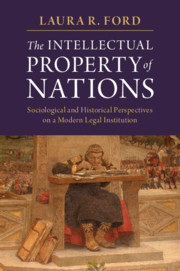Policymakers around the world are increasingly regulating creators’ (copy)rights in their work. This includes economic rights and moral rights. While the former type of rights is recognized and protected in most jurisdictions, the approach to the latter – moral rights – differs. How allocation and protection of copyrights affects creators’ choices depends on their preferences. Yet, creators’ preferences are almost not researched empirically. This paper uses a conjoint experiment, applied for the first time in this context, on representative samples in the UK (general population and professionals) and the USA (professionals) designed to reveal people’s preferences with respect to different rights derived from copyrights laws. We find that moral rights are valued more than economic rights, yet participants were willing to trade this right. Such findings might suggest reconsidering existing regulations in particularly with regards to the question of whether the right of attribution can and should be “traded”.
